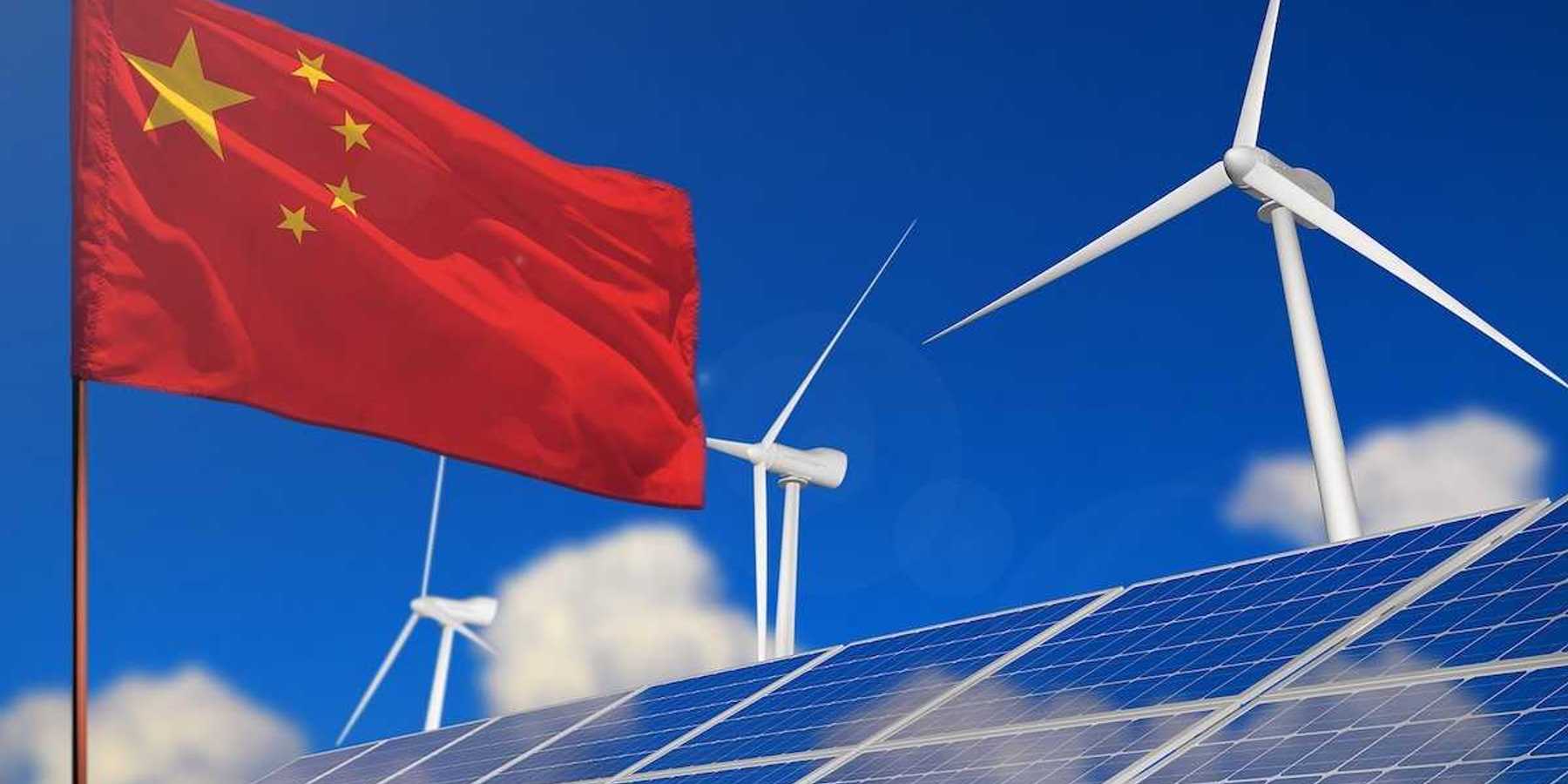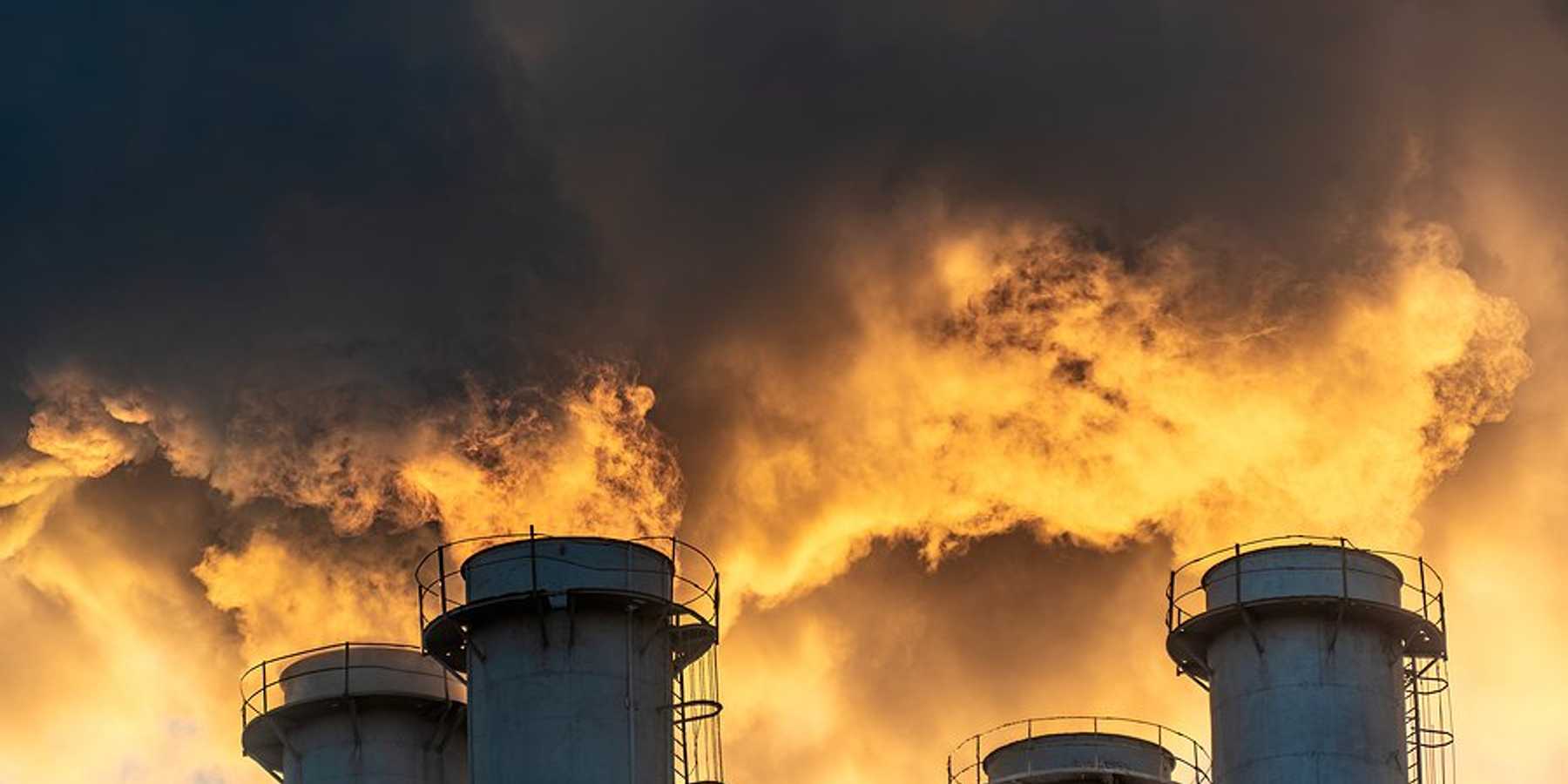Federal crackdown on coal ash waste in the works as Southern Co. resists tougher environmental regs
In a nutshell:
Georgia Power, the state's largest utility once operated nine coal-fired power plants across the state. As the company seeks to extricate itself from the business of making electricity from coal and winds down its coal-burning generators, the utility is clinging to a legacy loophole that would have excluded some older lagoons and ponds from federal level regulations and allowed toxic coal ash to remain in contact with groundwater.
Key quote:
“The old coal ash sites oftentimes are more dangerous than the newer ones because they are even more primitive,” said Frank Holleman, an attorney with the Southern Environmental Law Center. “They’ve been out there a longer period of time, so they’ve gotten more decrepit and more subject to erosion, flooding and other problems.”
Big picture:
Georgia Power's parent organization, Southern Co., seems to employ evasive and obstructionist tactics both inside and outside of Georgia. Alabama Power, also a Southern Company subsidiary, is in litigation with Southern Environmental Law Center (SELC) and Mobile Baykeeper over Southern Co.'s refusal to transfer millions of tons of coal ash from unlined pits adjacent to the Mobile River to lined pits further from the riverside. Alabama Power insists that moving the ash would do more harm than good and furthermore, according to the SELC attorney, Holleman, Alabama Power is trying to dodge federal oversight by arguing that groundwater is not a liquid.
Read the full account in the Georgia Recorder.













